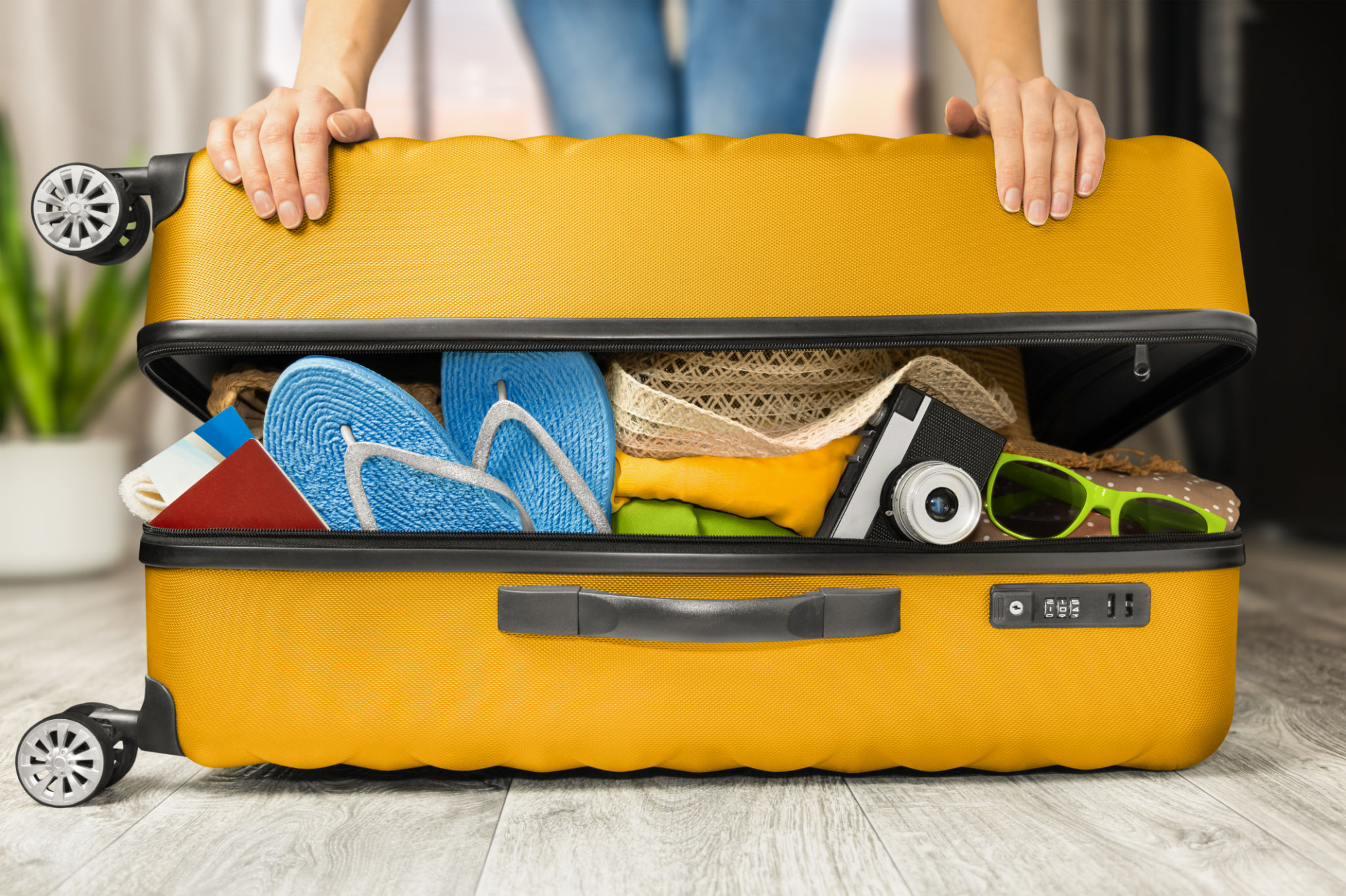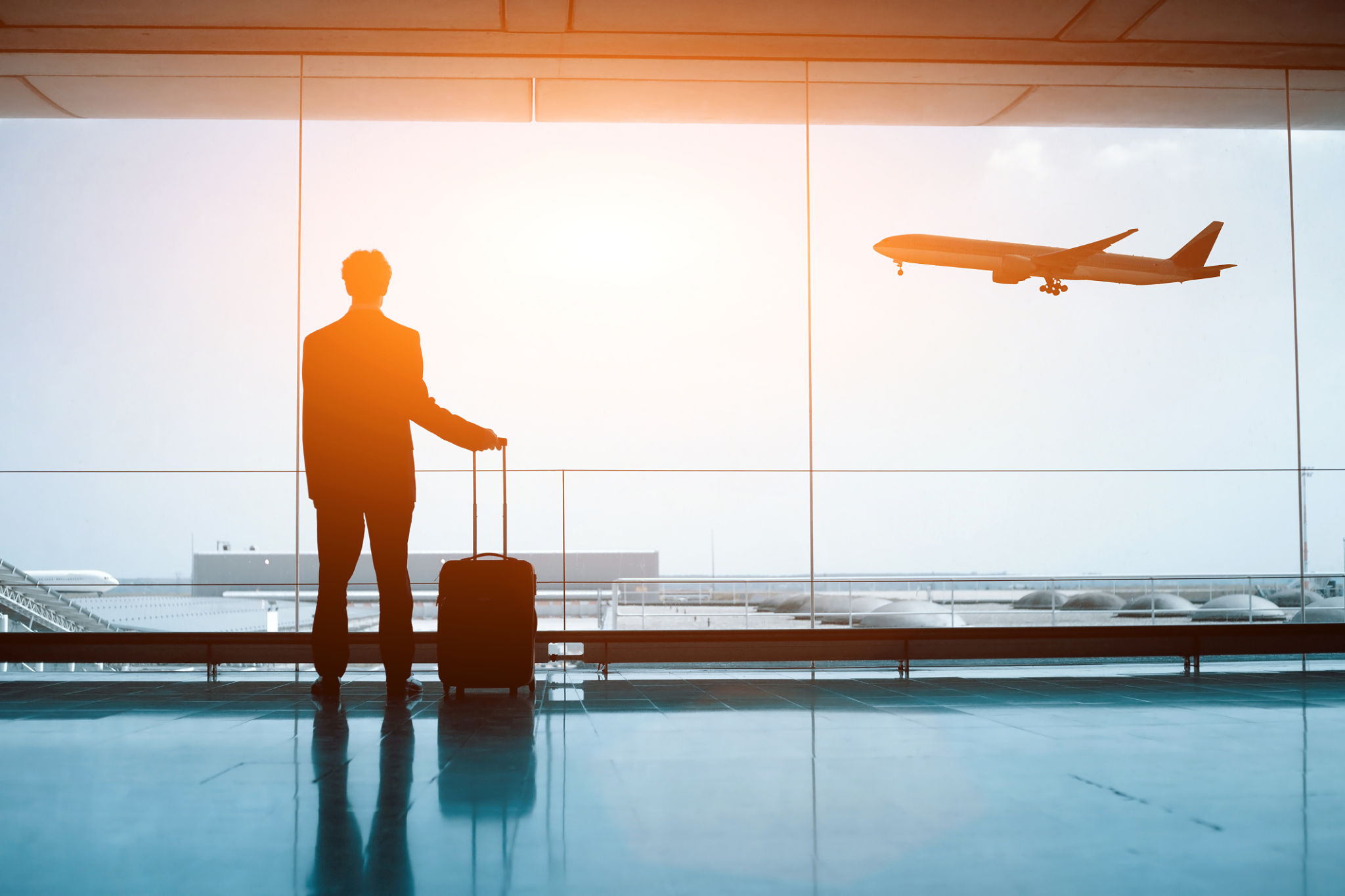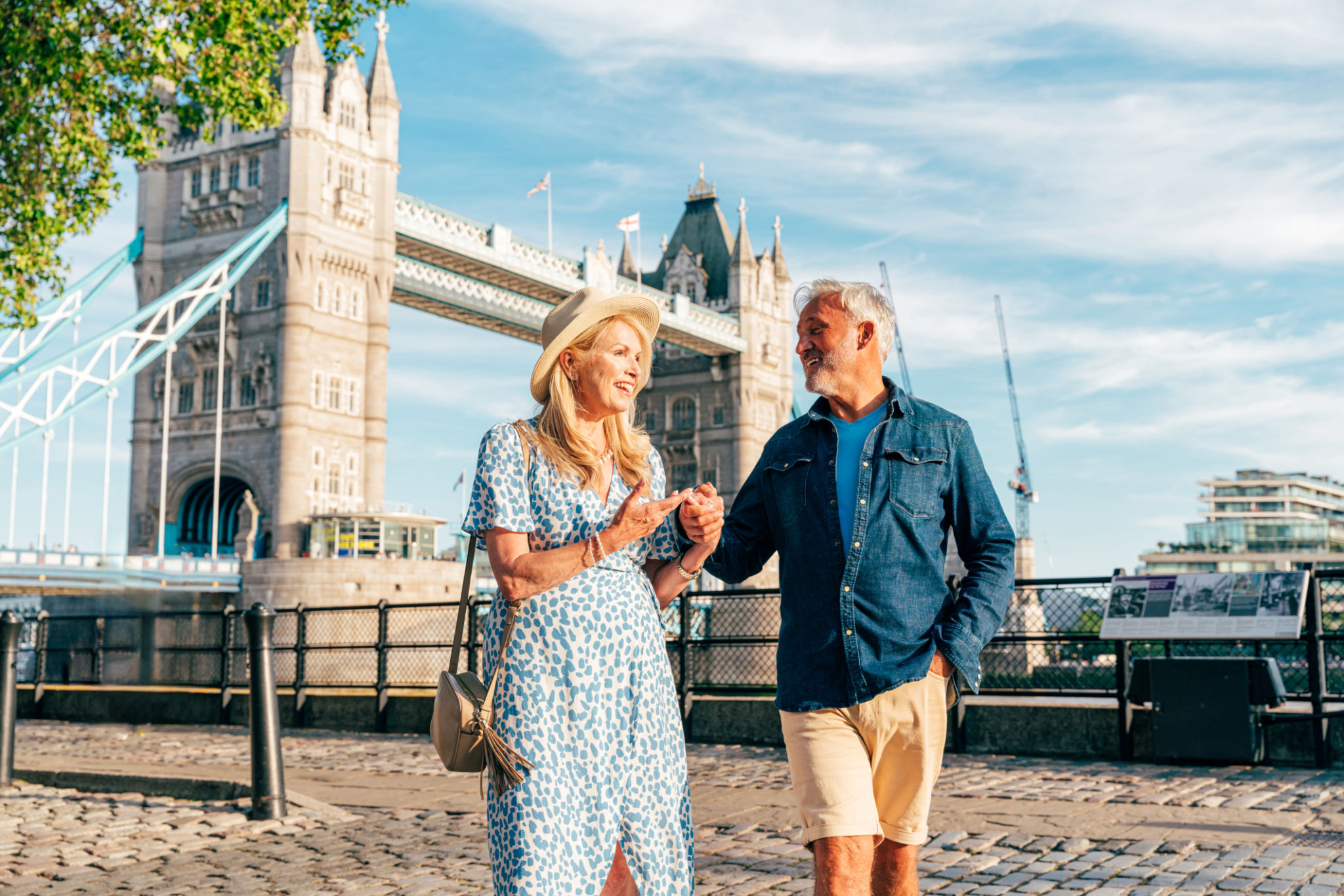Travel Safety Tips: How to Stay Safe and Secure on Your Journey
Planning Your Trip
Traveling is an exciting adventure, but ensuring your safety should always be a priority. The first step in safeguarding yourself on any journey is effective planning. Research your destination thoroughly, paying attention to local customs, potential risks, and safety advisories offered by your government or travel agencies. Preparation helps you anticipate challenges and navigate them efficiently.
When planning your itinerary, consider purchasing travel insurance. This can cover unexpected events such as medical emergencies, trip cancellations, or lost luggage. Having insurance offers peace of mind and financial protection in unfamiliar territories.

Packing Smart
What you pack can significantly affect your safety during travel. Carry only what you need and avoid bringing valuable items that could attract unwanted attention. Keep your passport, credit cards, and cash secure in a money belt or hidden pouch.
It’s also wise to make copies of important documents like your passport and travel itinerary. Store these copies separately from the originals and leave another set with a trusted friend or family member back home. This precaution can be invaluable if your documents are lost or stolen abroad.

Staying Alert During Your Journey
While traveling, always be vigilant of your surroundings. Whether you're in an airport, on public transportation, or exploring a new city, staying alert can help you avoid potential threats. Pay attention to local news for any developments that may impact your safety.
For those using public transport, keep personal belongings close and be cautious of pickpockets, especially in crowded areas. If you’re renting a car, familiarize yourself with local driving laws and secure the vehicle when unattended.

Accommodations and Lodging
Your choice of accommodation can also influence your safety. Opt for reputable hotels or hostels with positive reviews regarding their security measures. Upon arrival, inspect your room's locks and ensure windows and doors close securely.
Familiarize yourself with emergency exits and evacuation plans. It’s also a good practice to keep a small flashlight or emergency kit handy in case of power outages or other emergencies.
Digital Safety
In today’s digital age, cyber safety is as important as physical safety. Avoid using public Wi-Fi networks for transactions or accessing sensitive information. If necessary, use a virtual private network (VPN) to encrypt your data.
Keep your devices secured with strong passwords and enable two-factor authentication where possible. Be cautious of sharing travel plans on social media, as this can alert potential criminals to your absence from home.

Emergency Preparedness
No one anticipates emergencies, but being prepared can make all the difference. Identify the local emergency numbers for police, medical services, and your country’s embassy or consulate at your destination.
If you encounter any issues, contact local authorities immediately. Having a basic understanding of the local language can also be helpful in emergencies, so consider learning key phrases before you travel.
Health Precautions
Your health is crucial to enjoying a safe trip. Ensure you have all necessary vaccinations before traveling to certain regions. Pack a first-aid kit with essential medications and supplies tailored to your needs.
Stay hydrated and consume food and water from reputable sources to avoid illness. Being aware of local health advisories can also help you take precautions against prevalent diseases or conditions.

Conclusion
Traveling safely requires a combination of preparation, awareness, and adaptability. By following these tips, you can minimize risks and focus on enjoying your journey to the fullest. Remember that the world is full of wonders waiting to be explored, so travel smart and stay safe.